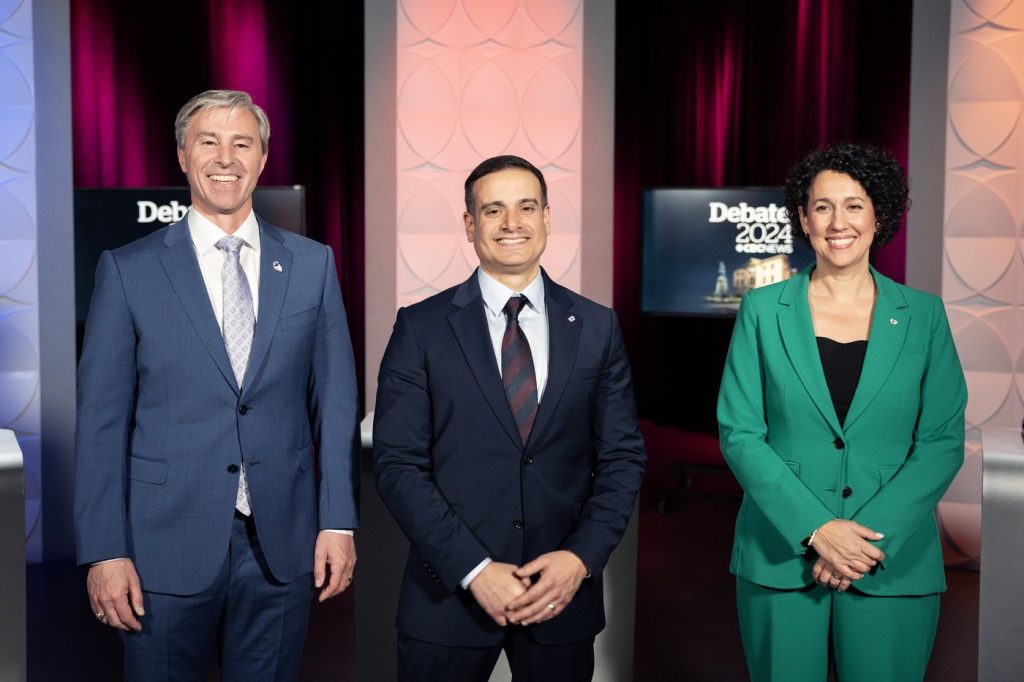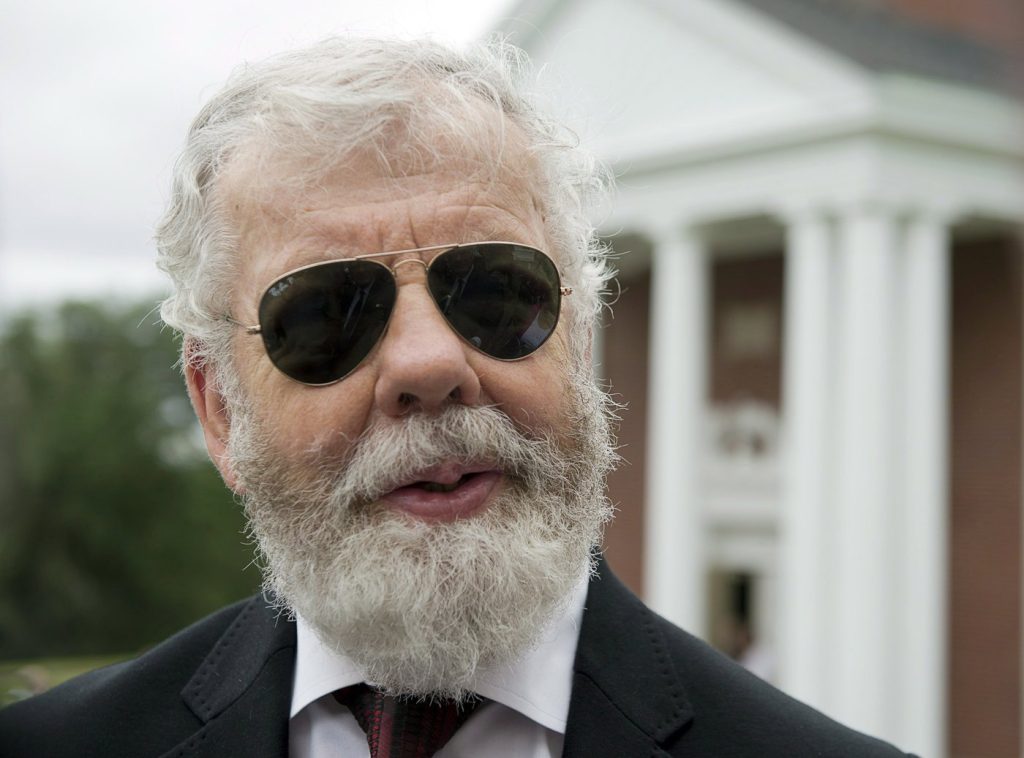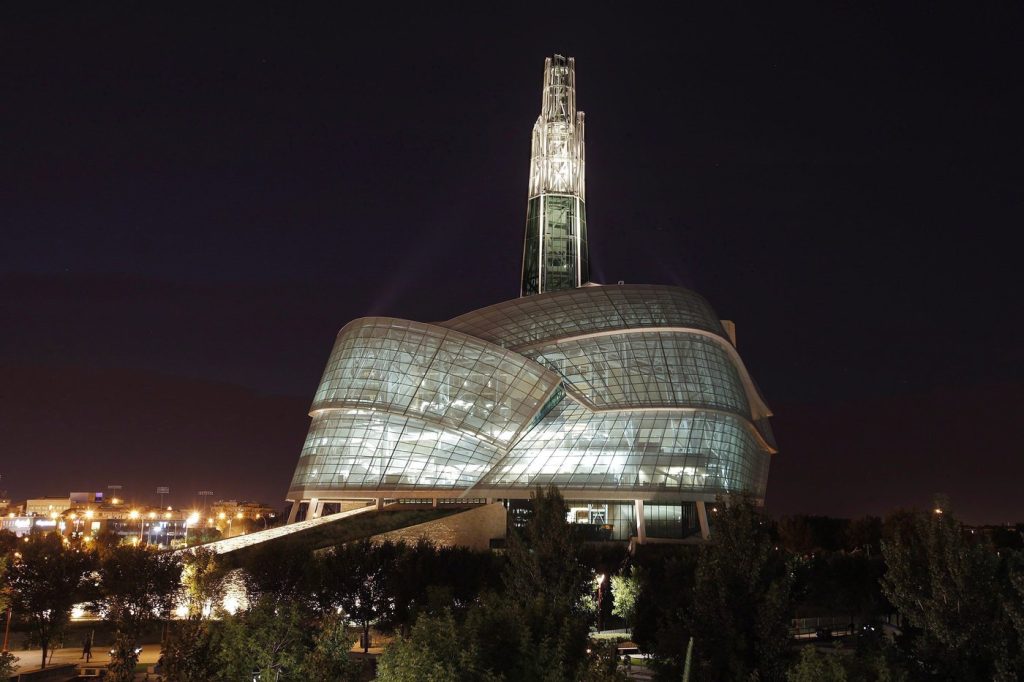Climate talks in Azerbaijan head into their second week, coinciding with G20 in Rio

Posted Nov 18, 2024 03:01:12 AM.
Last Updated Nov 18, 2024 04:15:16 AM.
BAKU, Azerbaijan (AP) — United Nations talks on getting money to curb and adapt to climate change resumed Monday with tempered hope that negotiators and ministers can work through disagreements and hammer out a deal after slow progress last week.
That hope comes from the arrival of the climate and environment ministers from around the world this week in Baku, Azerbaijan, for the COP29 talks. They’ll give their teams instructions on ways forward.
“We are in a difficult place,” said Melanie Robinson, economics and finance program director of global climate at the World Resources Institute. “The discussion has not yet moved to the political level — when it does I think ministers will do what they can to make a deal.”
Talks in Baku are focused on getting more climate cash for developing countries to transition away from fossil fuels, adapt to climate change and pay for damages caused by extreme weather. But countries are far apart on how much money that will require. Several experts put the sum needed at around $1 trillion.
“One trillion is going to look like a bargain five, 10 years from now,” said Rachel Cleetus from the Union of Concerned Scientists, citing a multitude of costly recent extreme weather events from flooding in Spain to hurricanes Helene and Milton in the United States. “We’re going to wonder why we didn’t take that and run with it.”
Also on Monday, the Paris-based Organization for Economic Cooperation and Development has been mulling a proposal to cut public spending for foreign fossil fuel projects. The OECD — made up of 38 member countries including the United States, the United Kingdom, South Korea, Japan and Germany — are discussing a deal that could prevent up to $40 billion worth of carbon-polluting projects.
At COP29, activists are protesting the U.S., South Korea, Japan, and Turkey who they say are the key holdouts preventing the agreement from being finalized.
“It’s of critical importance that President Biden comes out in support. We know it’s really important that he lands a deal that Trump cannot undo. This can be really important for Biden’s legacy,” said Lauri van der Burg, Global Public Finance Lead at Oil Change international. “If he comes around, this will help mount pressure on other laggards including Korea, Turkey and Japan.”
Meanwhile, the world’s biggest decision makers are halfway around the world as another major summit convenes. Brazil is hosting the Group of 20 summit, which runs Nov. 18-19, bringing together many of the world’s largest economies. Climate change — among other major topics like rising global tensions and poverty — will be on the agenda.
Harjeet Singh, global engagement director for the Fossil Fuel Non-Proliferation Treaty Initiative, said G20 nations “cannot turn their backs on the reality of their historical emissions and the responsibility that comes with it.”
“They must commit to trillions in public finance,” he said.
In a written statement on Friday, United Nations Climate Change’s executive secretary Simon Stiell said “the global climate crisis should be order of business Number One” at the G20 meetings.
Stiell noted that progress on stopping more warming should happen both in and out of climate talks, calling the G20’s role “mission-critical.”
___
Associated Press journalist Ahmed Hatem in Baku contributed to this report.
___
The Associated Press’ climate and environmental coverage receives financial support from multiple private foundations. AP is solely responsible for all content. Find AP’s standards for working with philanthropies, a list of supporters and funded coverage areas at AP.org.
Sibi Arasu, Melina Walling And Seth Borenstein, The Associated Press








